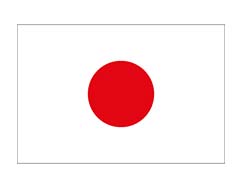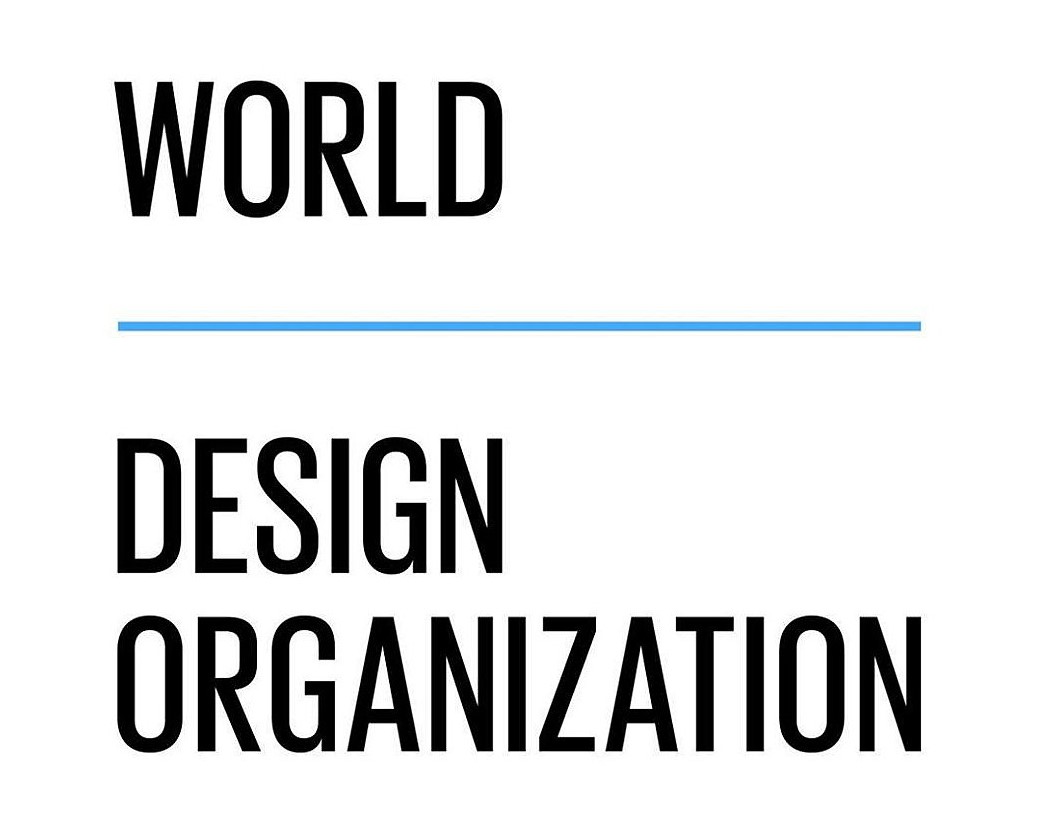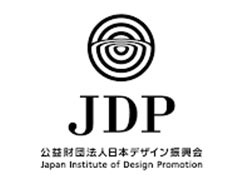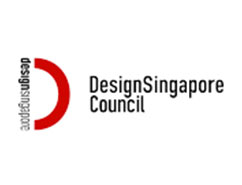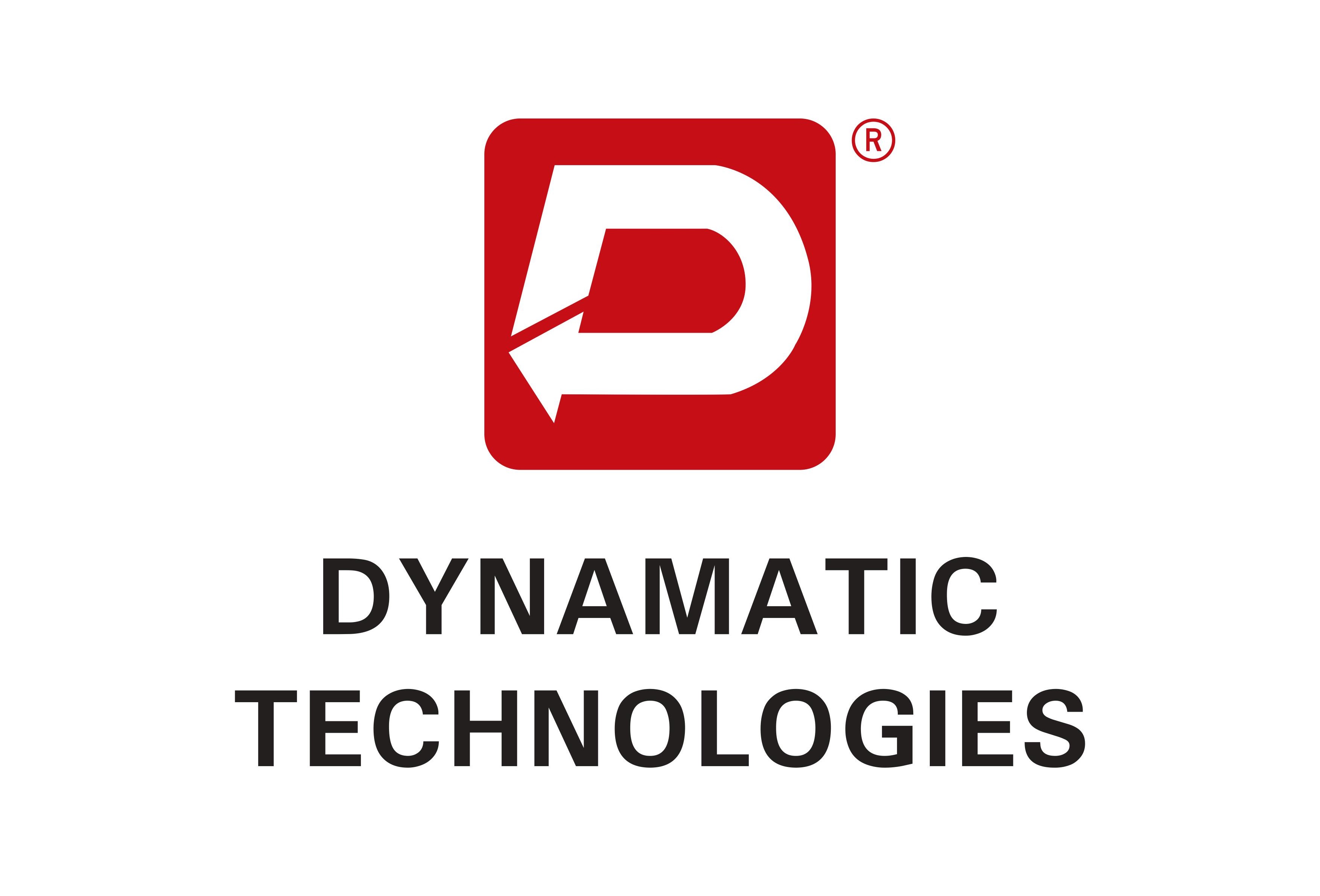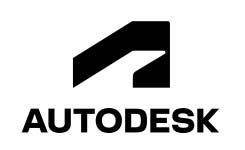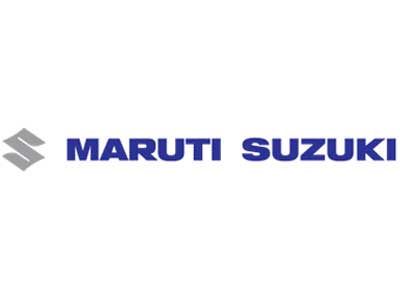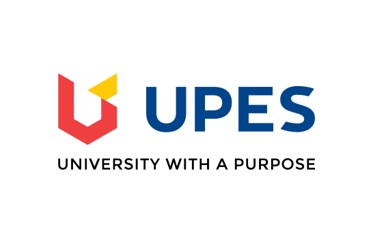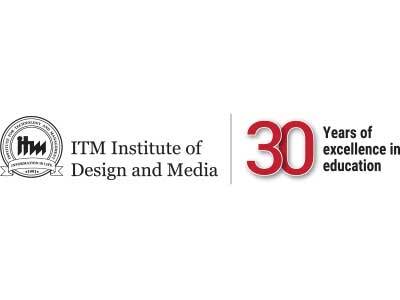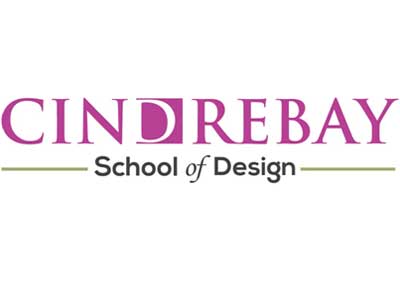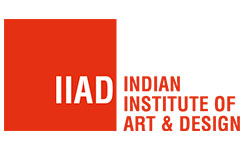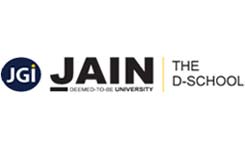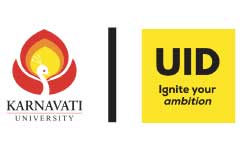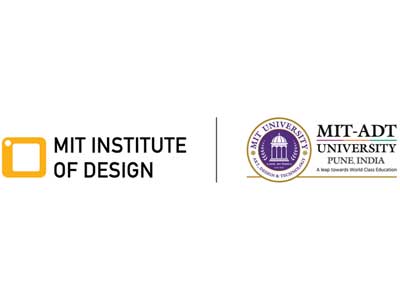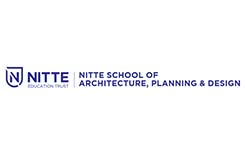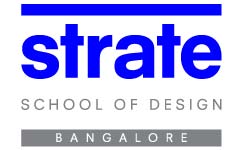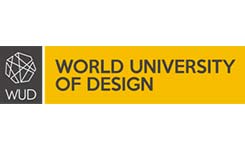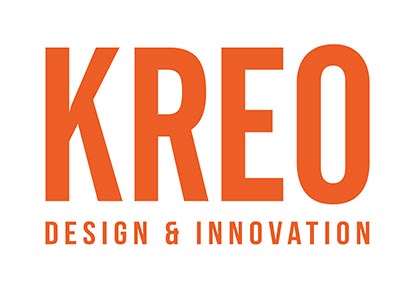
21st INDIA DESIGN SUMMIT
Welcome to the fora of eloquent discussions!
Inline with CII’s efforts over the years, in shaping India's development journey and transforming Indian Industry's engagement in national development. CII verticals are working closely with Government on policy issues, interfacing with thought leaders, and enhancing efficiency, competitiveness and business opportunities for industry through a range of specialized services and strategic global linkages. It also provides a platform for consensus-building and networking on key issues
CII has been organizing the CII-NID Design Summit since 2001 with National Institute of Design (NID). The summit features best of the Indian and international design thinkers, practitioners and design users. It is an international event that brings together discerning audiences and eminent speakers to deliberate on the emerging aspects of design. The CII-NID Design Summit has been rechristened as India Design Summit to reflect the broader sphere of design influence and to celebrate design along with its promotion.
Date
Digital Conference: 08 - 10 December, 2021
Digital Exhibition: 08 - 25 December, 2021
SUMMIT THEME
Design for Circular Economy
Circular design essentially encompasses the improvements in material selection and product design (standardization and modularization of components, purer material flows, and design for easier disassembly). A good circular design enables a product to have multiple life cycles, with minimal loss of value, quality and energy. In addition to this, a good circular design uses materials and components that can be reclaimed for reuse. A circular economy is based on the principles of designing processes and products without waste and pollution, keeping products and materials in use, and regenerating natural systems. Four pillars of the Circular Economy are Collaboration, Design, Reverse Logistics and Business Models.
Old industrial models of “take, make, dispose” are giving way to new thinking about the circular economy. This profound shift brings opportunities for organizations to create value and safeguard the environment by improving their management of resources, eliminating waste through better design, and maximizing the recycling of products, components, and materials in use.
Supporting government, industries, and companies in integrating circular-economy principles into their strategies will eventually help and support sustainable growth. For governments, implementing circular approaches can boost employment and citizens’ well-being, reduce resource dependencies, and limit environmental impacts. For businesses, reimagining products, packaging, services, and experiences can bring benefits to makers and users as well as the wider world.
By changing the thinking from a linear economic model to a circular one, built environment professionals can facilitate connecting waste products and processes in the city. Circular economy results in local economic, social and environmental benefits. Whether it is designing better, more circular neighbourhoods, incorporating circular technology and processes into our projects, or influencing the supply chain to bend an existing linear economy to make it circular, we are uniquely placed to make substantial long-term impacts upon our cities.
For design professionals, circular design implies a change of perspective from thinking linearly to cyclical way. In the past, designers have often not been concerned with what happens to a product at the end of its life cycle. But it is no longer enough to simply replace the materials used in a product for ones that are more recyclable - designers now have to think about the entire life cycle of a product, getting information from all partners to help them design a truly circular product.
Adopting design thinking to deliver utility for consumers and companies based on products, services, and experiences that are more suitable for the purpose and come with a smaller end-to-end resource footprint.
As in the near future, all the products will eventually have to be returned to the manufacturer for a second life, it will call for the so-called reverse logistics. In addition, a circular design will often result in a product that may not have the lowest purchase value, but that does achieve the lowest costs across its life span promising direct benefit for clients. But this would also effect a significant change in the business model with upward revision in the investment. This would eventually lead a complete shift in the system involving everyone and everything from businesses to governments, and individuals; our cities, our products, and our jobs.
SPEAKERS
-

Prof Don Norman
American Researcher, Founding
Director Emeritus, Design Lab -
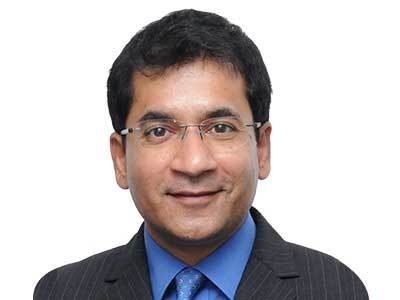
Dr Udayant Malhoutra
Chairman, CII National Committee on Design, CEO and Managing Director, Dyanamtic Technologies
-

Archana Surana
Founder & Director
ARCH College of Design and Business
-

Arvind Mishra
Executive Director & Global COO Dynamatic Tech, Managing Director, Dynamatic UK Managing Director Dynamatic US LLC
-
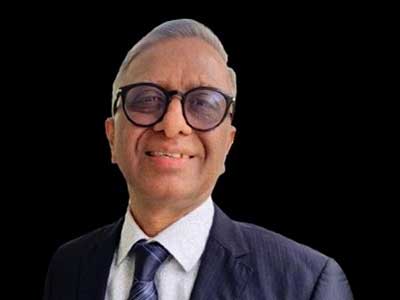
Ashwani Kumar
Chief Design & Packaging
ITC Ltd. -
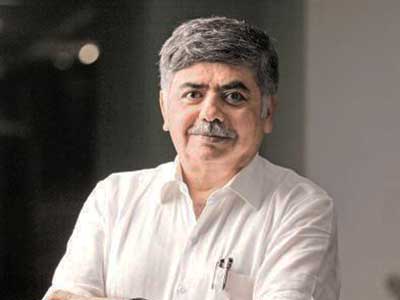
Bhaskar Bhat
Grand Jury Chairman
Former MD, Titan Company, Tata Sons
-
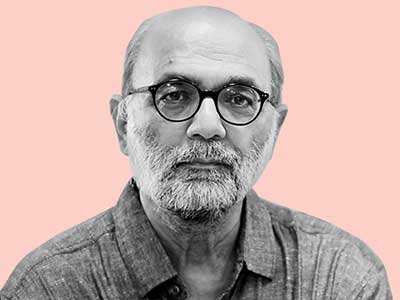
Bhargav Mistry
Dean - Design Culture
ARCH College of Design & Business -
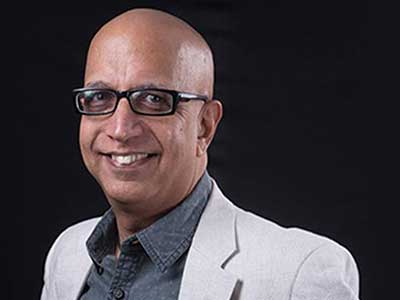
C K Venkataraman
Managing Director
Titan Company Limited -
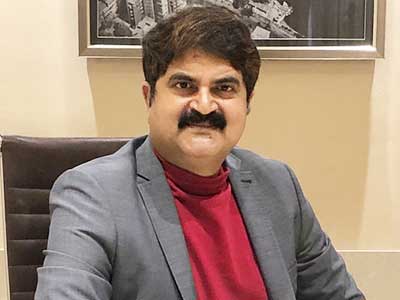
Chakravarthi AVPS
Global ambassador
World Packaging Organization
-

Christian Haessler
VP & Head Global Circular Economy Program Covestro
-
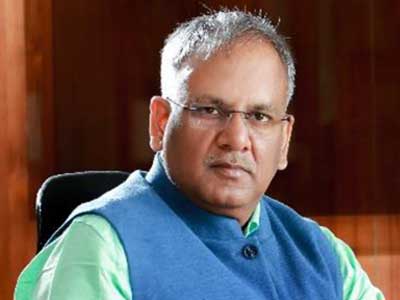
Dhiraj Kumar
Director
National Institute of Design -
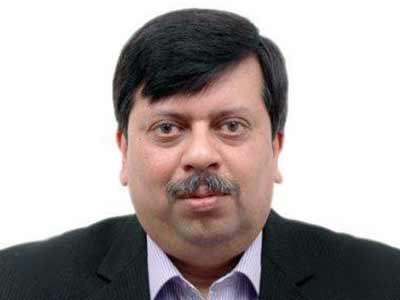
Deepankar Bhattacharyya
Head – India & ASEAN Education
Experience at Autodesk
-

Fumikazu Masuda
Design Consultant; President
open house inc. -
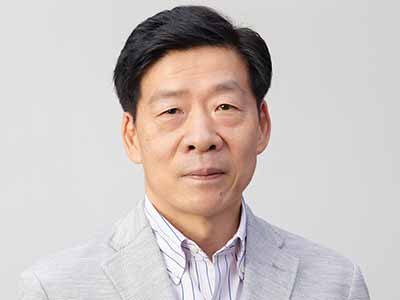
Hiroyuki Fukano
President & CEO
Japan Institute of Design Promotion -
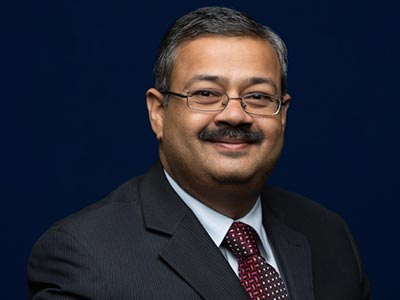
Hrridaysh Deshpande
Vice-Chancellor
Ajeenkya D.Y. Patil University
-
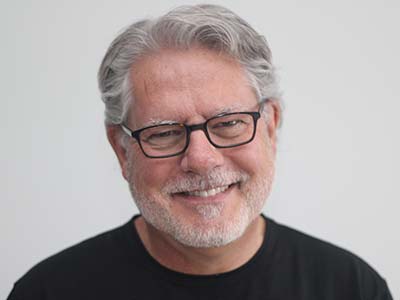
Karel Vredenburg
Director, Global Design Leadership, Culture, External Engagement, & Academic Programs IBM
-
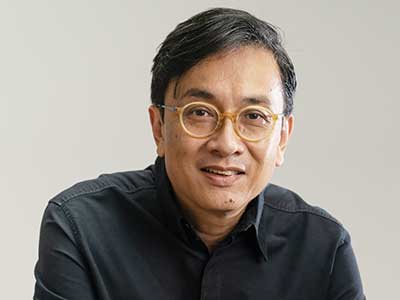
Low, Cheaw Hwei
Head of Design
Philips Asia & Head of Government and Public Affairs - Philips Singapore -

Lutz Dietzold
CEO
German Design Council
-
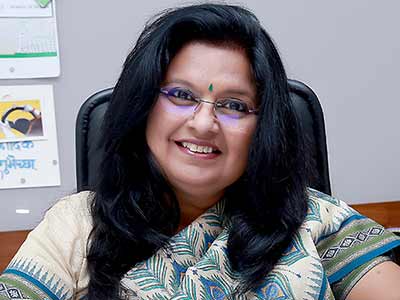
Manisha Phadke
Director
NMIMS School of Design -
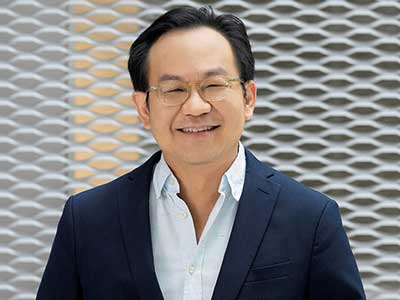
Mark Wee
Executive Director
Design Singapore Council -

Madita Morgenstern Antao
Co-Founder, Designers Without Borders & Founder and Creative Director of IDEASEIN
-

Michele Straniero
Head - Design Thinking Practice
Excellence Group -

Michael Krohn
Board Member
Cumulus -

Neetu Bhagat
Deputy Director
All India Council for Technical Education
-

Noriyoshi Fukuoka
Director - Southwest Asia Office, Trade Policy Bureau
Ministry of Economy, Trade and Industry -
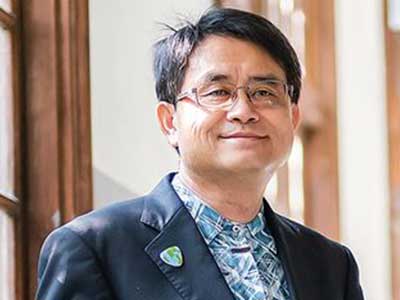
Oliver Lin
Vice President - Taiwan Design Research Institute TDRI Taiwan
-
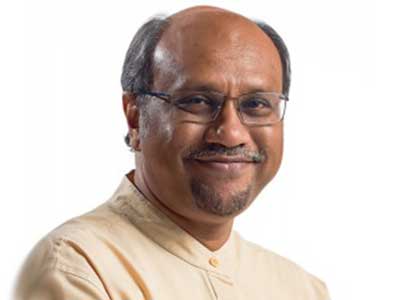
Peer M. Sathikh
Associate Professor, Associate Chair (Academic), School of Art, Design & Media, Nanyang Technological University
-

Peter Skelton
Strategic Partnerships Manager
WRAP -
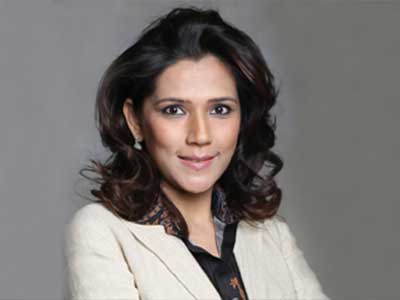
Pooja Jain
Managing Director
Luxor Writing Instruments Pvt. Ltd. -

Pooja Tandon
Chief Design Officer
Pidilite Industries Ltd.
-
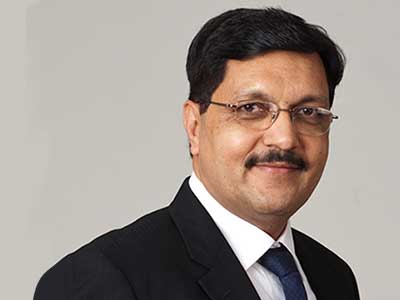
Pradyumna Vyas
Senior Advisor
Confederation of Indian Industry -

Praveen Rawal
Managing Director
Steelcase India -
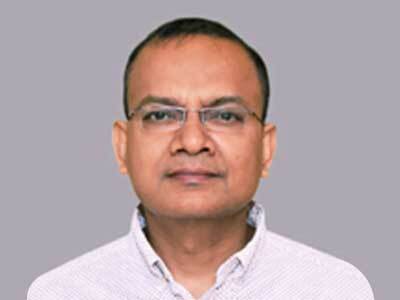
Rajesh Kumar Singh
Joint Secretary, Department for Promotion of Industry and Internal Trade GoI
-
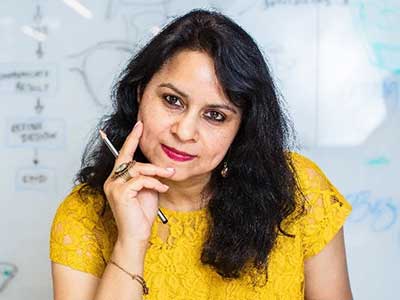
Revathi Kant
Chief Design Officer
Titan Company -
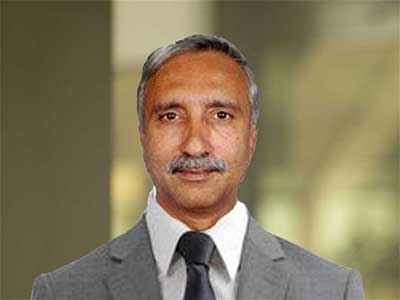
S Raghupathy
Principal Adviser
Confederation of Indian Industry -
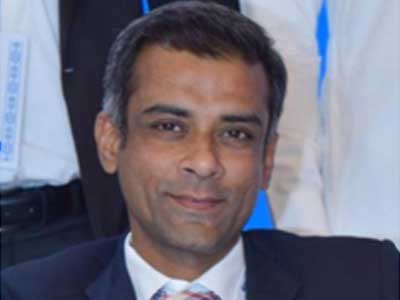
Sachin Joshi
Head, DPIIT UNIDO Facility for International Cooperation on Inclusive & Sustainable Industrial Development
-

Saurabh Singh
Head - Strategy & Product Planning
Ampere Motors -
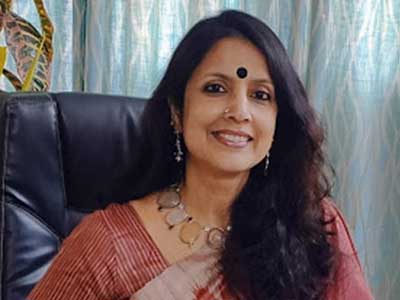
Shanti Menon
Founder Principal
The Deens Academy -

Shaon Sengupta
Studio Director, Head of Design
Philips India
-
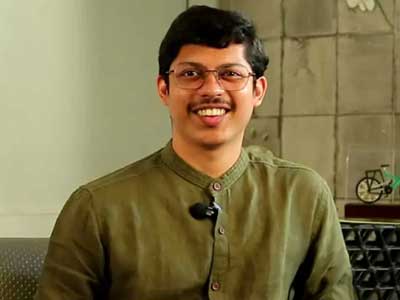
Shashank Nimkar
Founder & CEO
Earth Tatva -
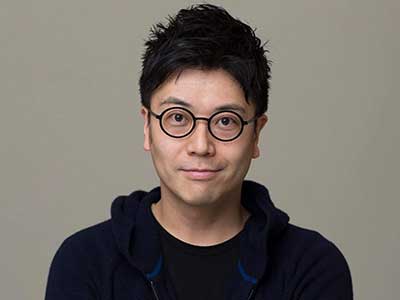
Shunsuke Ishikawa
Partner Design Innovation
KESIKI Inc. -

Simon Bolton
Director
Business-Plus Ltd.
-

Sreepriya Sridharan
Podcaster & Circular Economy
Advocate -
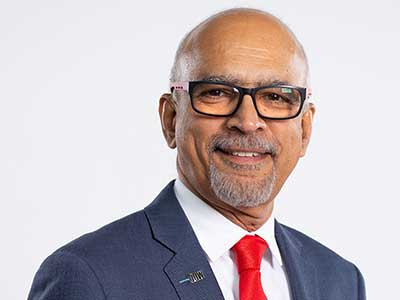
Srini Srinivasan
President
World Design Organisation
-

Steven Ko
Founder & CEO
O'right Inc.
-

T. A. Wu
Vice President
Spring Pool Glass -
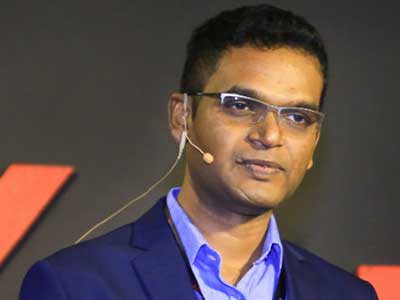
Umesh Kumar
Founder Director
DQ Labs Pvt. Ltd. -
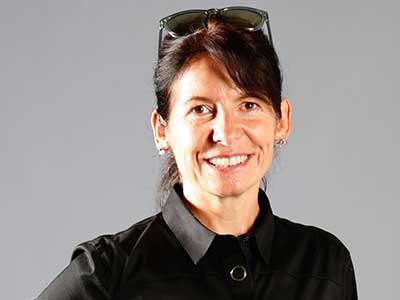
Ursula Tischner
Authority
Circular Economy Intiative Germany
-
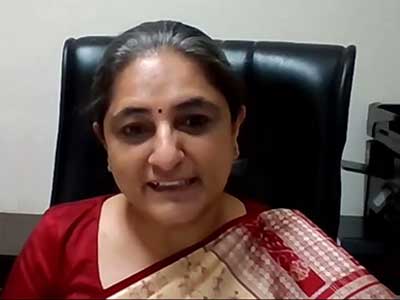
Vandana Kumar
Joint Secretary, Ministry of New and Renewable Energy Government of India
-
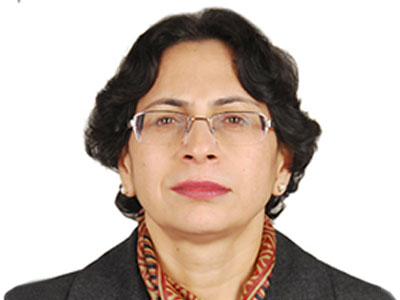
Vanita Ahuja
Director
National Institute of Design – Haryana -
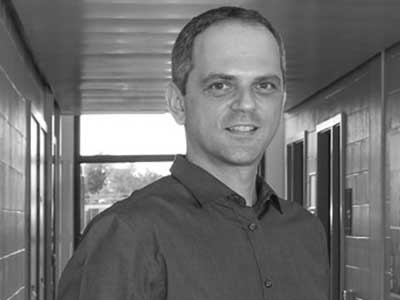
Vanja Garaj
Head of Design
Brunel University London
-
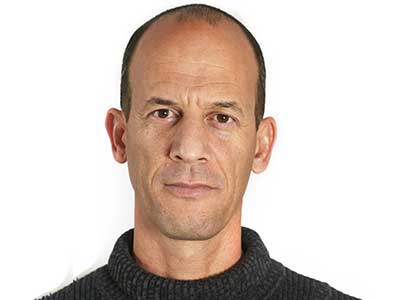
Yariv Sade
Director
Stratasys -
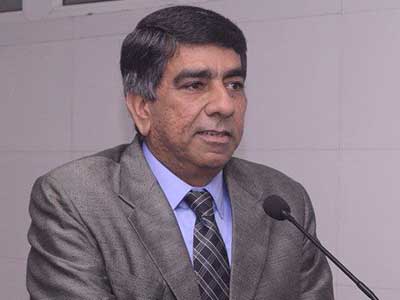
Yogesh Bedi
Chief - Steel Recycling Business
Tata Steel
PARTNERS
Country Partner
International Partners
Event Partner
Associate Partners
Associate Co Partners
Corporate Partner
Knowledge Partners
Branding Partner
Trophy Partner
For partnership opportunities and exhibition please contact
Ms. Pooja Sanchala
Email:
pooja.sanchalal@cii.in
Nitish Das
Email:
Nitish.das@cii.in
Download Exhibitor Benefits here
